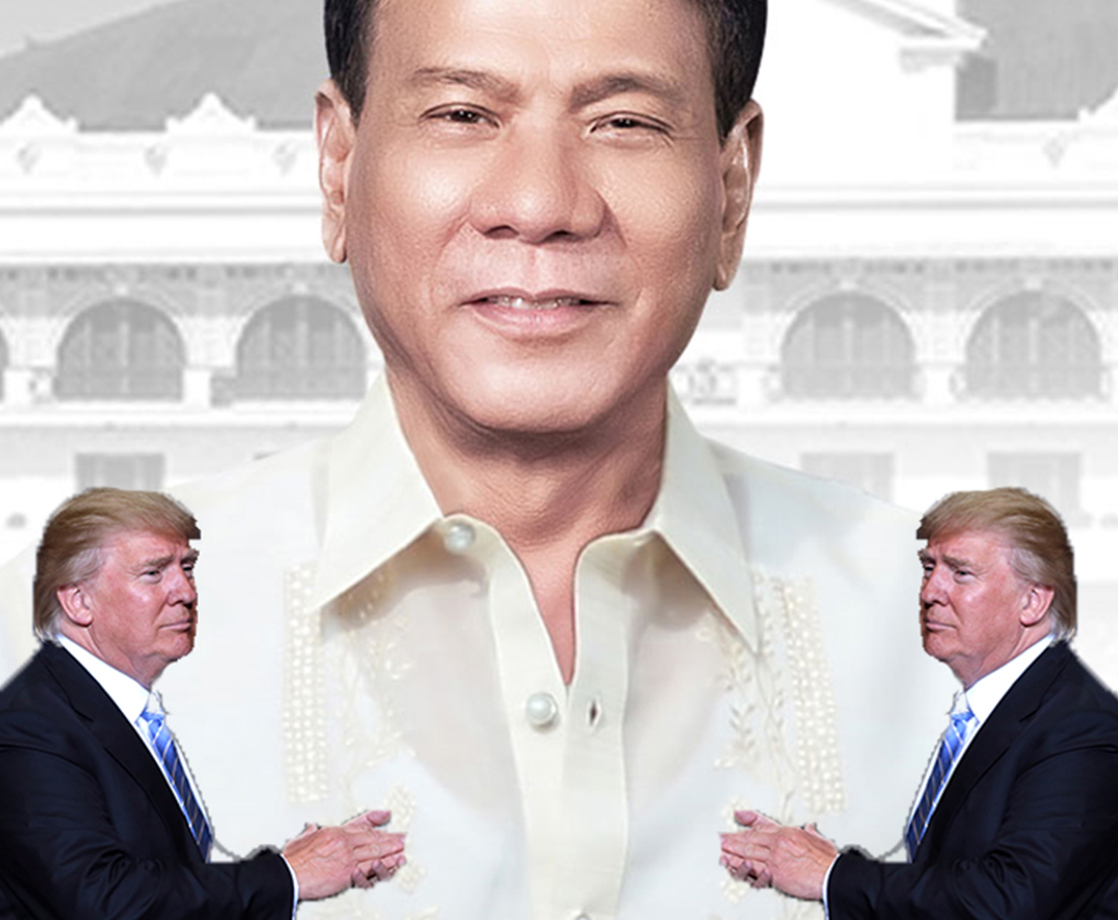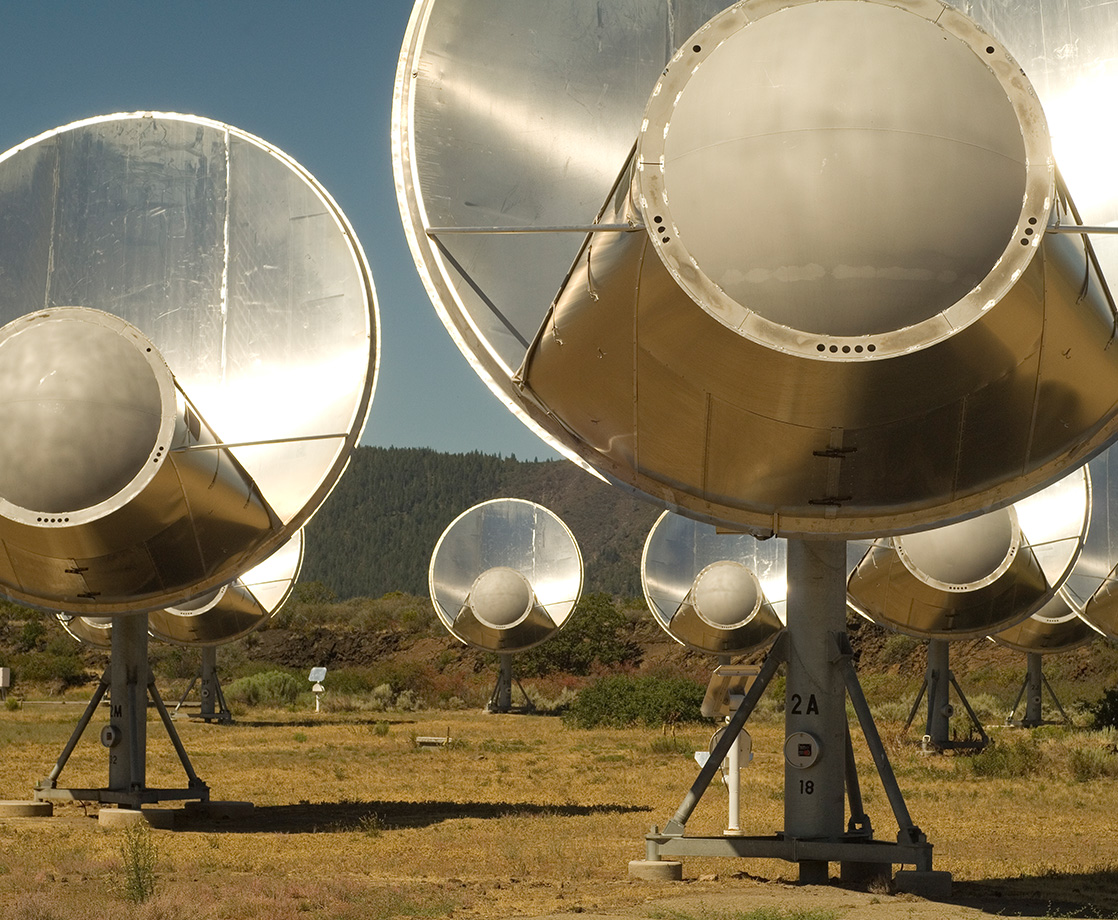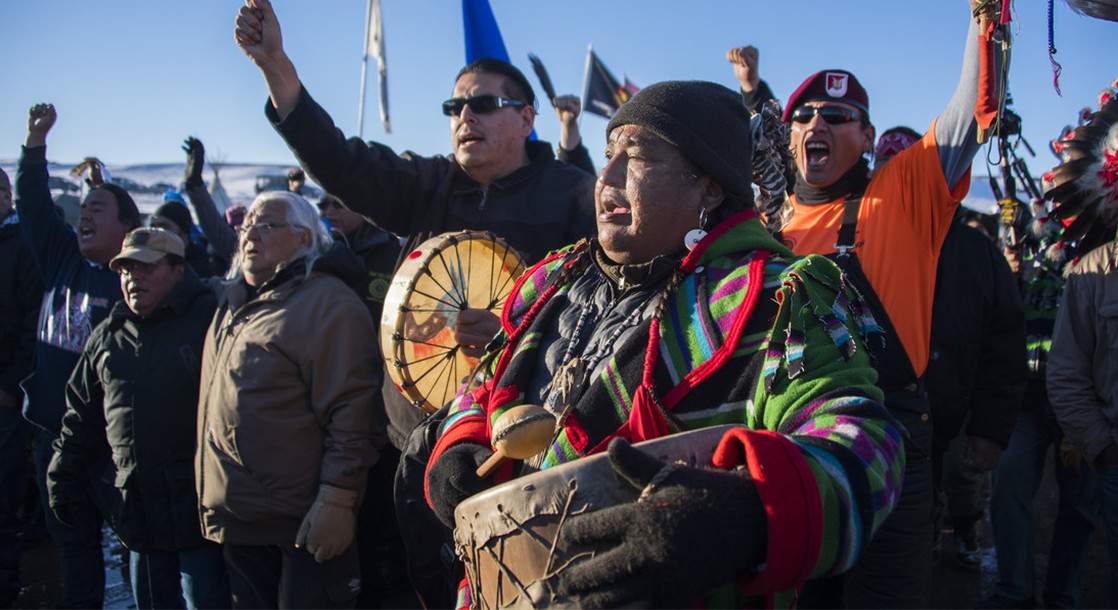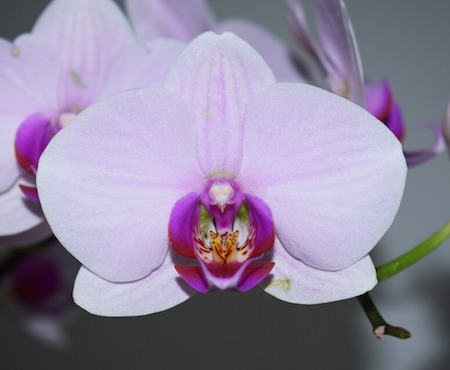Back when Donald Trump was just a candidate for the highest office in the country, I wrote a column that compared his crazed pronouncements — “going after” the families of suspected terrorists, doing “more” than waterboarding to those similarly accused, etc. — to the crazed pronouncements of Rodrigo Duterte, President of the Philippines. As a quick refresher, the authoritarian leader ran on a platform of “law and order,” which promoted pogroms against drug users and encouraged draconian punishments. As mayor of a Filipino town early in his political career, Duterte was known to ride around on a motorcycle and summarily execute anyone he found to be selling or using drugs, which he subsequently boasted about during his campaign. Though Duterte and Trump’s styles might not be the same, the substance is. Both men are obsessed with the kind of leadership that resembles bullying and fear mongering over diplomacy. Duterte wants to crack down on drug use through extreme measures, Trump sees no problem with ICE doing whatever it can to remove “illegals.”
In December, when Trump had graduated from being a pig-headed candidate to being a pig-headed president-elect, Duterte was again a talking point in the pre-Inauguration press glut. Trump’s called Duterte, ostensibly to flex some due diligence by reaching out to one of the oldest relationships we have in Asia. But instead he invited the czar-like leader to the White House, praising Duterte’s take-no-prisoners approach, and going so far as to say Duterte was handling drug policy “the right way.” After this faux pas, all talk of the Philippines disappeared until last week’s weak assertion by the Trump administration that talks with Duterte were necessary for the North Korea situation. But when Trump again spoke with Duterte on the phone in what his aides thought was part of routine outreach to Southeast Asian countries, he went above and beyond due diligence, praising the dictator and again inviting him to the White House. Afterwards, the New York Times’s Mark Landler reported that both his praise for Duterte and his invitation were a complete surprise to White House officials and aids.
They had absolutely no reason to be surprised, though. In fact, if there’s one consistent aspect of Trump’s dumpster fire of a presidency, it’s his praise for the authoritarian dictators of the world. When Turkish leader Recep Tayyip Erdogan — best known for imprisoning journalists and low-key pushing for a proto-fascist Ottoman revival — cemented his power on the heels of a referendum that made his dictatorship all but official, Trump made a public statement in favor of the possibly-rigged referendum and the dictatorial tactics. As early as last July, outlets were drawing attention to Trump’s praise for dictators, from Saddam Hussein (“You know what he did well? He killed terrorists”) to Syria’s Bashar al-Assad (“I think in terms of leadership, he's getting an A”) to Kim Jong-Un (“It's incredible. He wiped out the uncle, he wiped out this one, that one. I mean, this guy doesn't play games”). And, as we all remember, Trump had a notorious man-crush on Vladimir Putin throughout his entire campaign, and even earlier.
This is all in addition to his ex-wife’s decades-old claim that Trump used to keep a copy of Hitler’s speeches next to his bed. All of this fascist fetishizing stands in sharp contrast to Barack Obama’s stance in regards to the same dictators that Trump has gone out of his way to praise. For example, Obama said of Assad that “[he] has to go” and that the Syrian Civil War could not end with the leader in power. And where Obama sought to build our relationships with democratic allies like Germany, Trump publically shaded Chancellor Angela Merkel by refusing to shake her hand during a White House meeting. It shouldn’t surprise anyone if Duterte eventually does visit 1600 Pennsylvania Avenue and Trump skips the handshake and goes straight in for a bear hug.
Trump’s “very friendly conversation” with Duterte is expected to bring responses from both the State Department and the National Security Council, whose representatives were among the stunned aides who witnessed Trump’s call. Even stranger is that Duterte didn’t immediately replicate the love. He said in print that he may be “too busy” to take Trump up on his offer, burning the “leader of the free world” with a mere “maybe,” which makes the situation even more embarrassing. Trump’s worrisome nonchalance towards dictators was strengthened when the Prime Minister of Thailand Prayuth Chan-ocha, leader of a brutal military Junta that crushed democracy in the country, was also invited to the White House. If people can be judged by the company we keep, Trump’s aspirations as Commander-in-Chief should be clear to anyone who gets a look at the snippets of the White House guest list he actually lets us see.











